Even before Cardiff became one of the first cities in Wales to participate in UNICEF’s Child Friendly Cities and Communities initiative, the council had positioned itself as an advocate for the rights of children and young people.
“Ensuring that children and young people are active participants in their care and have the right to advocacy is central to that,” says Baz Callender, an independent reviewing officer (IRO) in children’s services – who believes Cardiff’s children’s services work hard to achieve this already.
That is what keeps Baz at Cardiff, she says. “It’s a positive place to work, and each step is all for the benefit of children and their families,” she says. “It is about the social worker building a relationship – not only with the children and their family – but also with the community that they live in and being able to capture what resources are available to families and children in that area.”
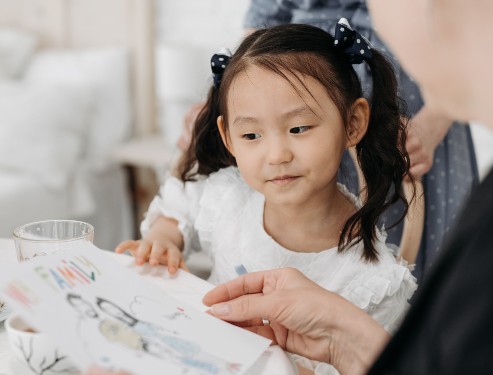
Pexels – by Pavel Danilyuk
Child-friendly city
This is evident in Cardiff’s Corporate Parenting Strategy, which makes reference to its Child Friendly City work.
The strategy was based on what was working well in the service, what needed to be improved and what the aspirations of young people were, says Leigh Vella, corporate parenting officer, strategic improvement, and strategy.
The five priorities are:
- Improving emotional well-being and physical health
- Better connections, improved relationships
- A comfortable, safe and stable home whilst in care and after
- Educational achievement, employment and training
- Celebrating our children and young people
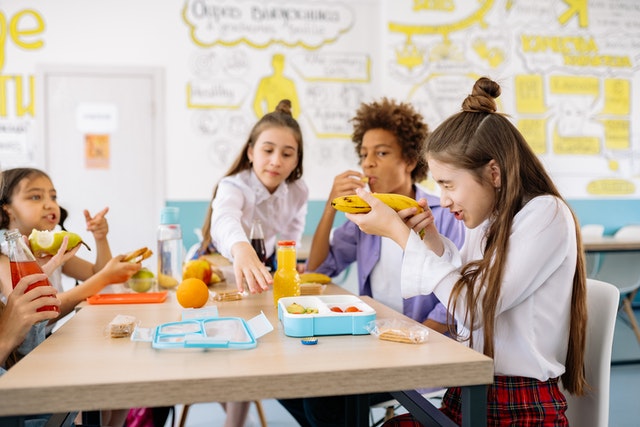
Connecting communities
Services in Cardiff are structured around a locality model, which supports the council’s mission to capture and act on the wishes of children and young people, says Megan Lawrence, a locality social worker.
“Because we work in localities, the families we work with are quite local, so there is not a lot of travelling involved. Because we are working within communities, we get to know the schools, the teachers in the area, health visitors and other services that families use. All this knowledge is beneficial because if there is a safeguarding issue in the area, for example, we can act on it and see how it affects other families too.

Pexels – photo by Lisa
“Cardiff equips us with training opportunities to do this direct work with children, and also makes sure those interactions are recorded. We use different tools such as the Signs of Safety approach to ensure we work harder to engage and capture children’s voices and build relationships with them.”
Mind Of My Own app
The Mind Of My Own app is one of the ways that Cardiff has been successful in capturing the wishes of children and young people, and building that trust.

Pexels – photo by Julia M Cameron
Launched in June 2021 and championed by Mind Of My Own app service manager Matt Osbourne, the tool gives children and young people a real-time means of communicating their wishes and feelings to their social workers and other individuals such as their caregivers and IROs.
“Some children struggle to talk about what they want so the Mind Of My Own app helps them to communicate these feelings,” says Megan. “From using the app and the relationship I have with one young person, our team was able to move him from a residential setting to a foster placement. When he was in residential, he had a large group of people looking after him, but he wanted to be in a family setting.
“He used the app to talk about what he wanted his foster placement to look like, and what he wanted his carers to be like. From doing that, we identified a foster placement for him, and through the app, he kept me updated when he met his foster carers and how that experience was going.”
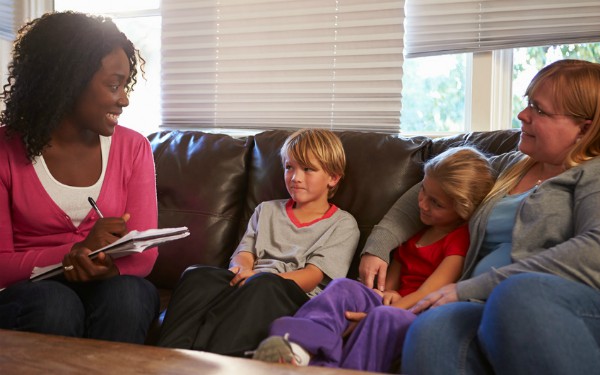
Photo: Fotolia/ Monkey Business
The app is, therefore, not just for children to communicate their needs. It is also about them expressing their feelings, Megan explains.
“There are different parts of the app that allow them to share positive experiences and achievements as well, and that definitely improves the connection that Cardiff has with the children and social workers. I don’t have to split my attention between taking notes and interacting with the child. Nothing is lost with the app – it is saved for the child and for me to see.”
Celebrating children and young people
Cardiff has also seen success in capturing the voices and wishes of care leavers. Instead of just equipping young adults with employability skills, Cardiff is combining the focus on career-based training with recreational activities that promote collaborative working, problem-solving and confidence-building skills.
According to Jess Lloyd, senior personal adviser in the care leavers team, the aim has been to bridge the gap between the soft skills some care leavers have and the expectations of businesses looking to recruit.
“People offer job opportunities for young people, but they don’t think about getting them to that front door at the start,” she says. “In the past there have been employability courses that are for ‘readymade workers’ – young people that can just step into a job. But when you are dealing with the type of young people that we are dealing with, who have a history of not having those skills, and are not ready for the working world, we’ve noticed that gap between soft skill development and going straight into work.”

Pexels – Photo by Mikhail Nilov
Thanks to initial funding, Cardiff has been able to bridge this gap by expanding the responsibilities of one personal adviser – Gareth Gronow – to include wellbeing and participation elements in his role.
“We felt that having a wellbeing and participation element would increase the positive outcomes that we have for young people,” he says.
“As well as helping them with their interview skills or filling in job application forms, we picked activities that encouraged teamwork and confidence building. So, gorge walking, kayaking, raft building, surf lessons, learning DIY skills, and cooking lessons too – activities that are going to engage the brain and ones they probably haven’t done before.”
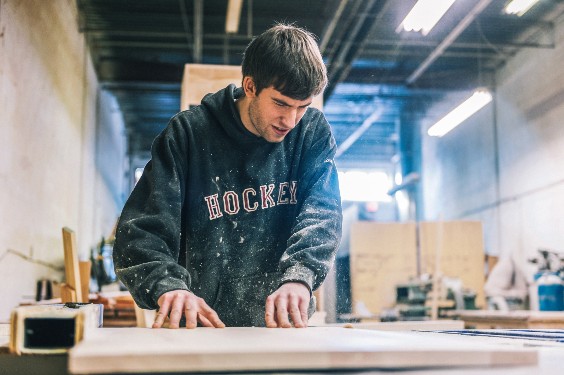
Pexels – photos by Harrison Haines
The results have been positive. Not only have many young people secured jobs, but the activities have also boosted their confidence, says Gareth.
“They could turn up in the morning not speaking to anybody and by the end of the day, they are all friends and are agreeing to meet up with one another on Snapchat,” he says.
Jess adds: “Rather than constantly going to safeguarding meetings and talking about the negative side of things all the time, I am able to share these achievements.
“It’s been positive to see the scope and the way we work with young people changing. It is not just mandated by busy caseloads, but by putting in a significant amount of time and giving care leavers what they need, we have been able to build positive relationships that give us the opportunity to impact positively in their lives. We are seeing the value in the work we are doing.”
If you are interested in a role at Cardiff Council, check out the latest vacancies here and visit Cardiff Council’s employer profile page.

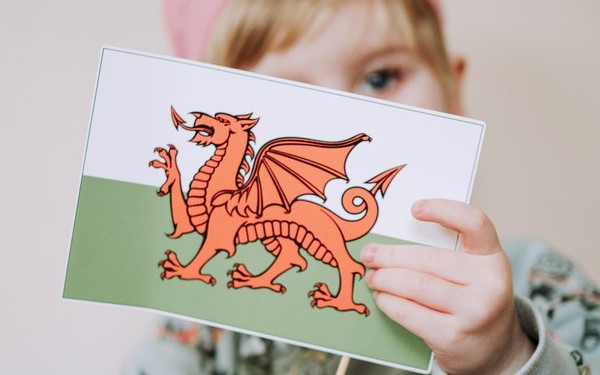


 Facebook
Facebook X
X LinkedIn
LinkedIn Instagram
Instagram